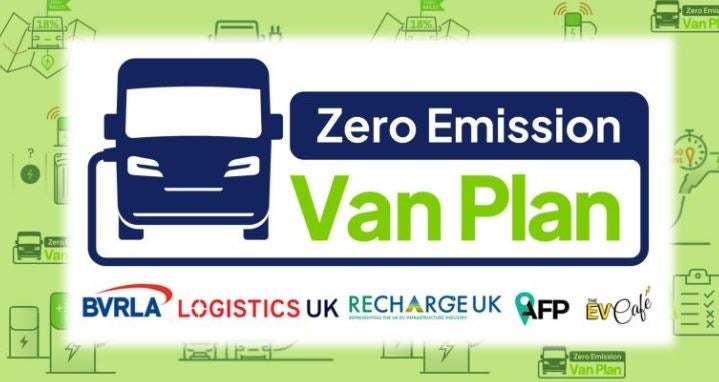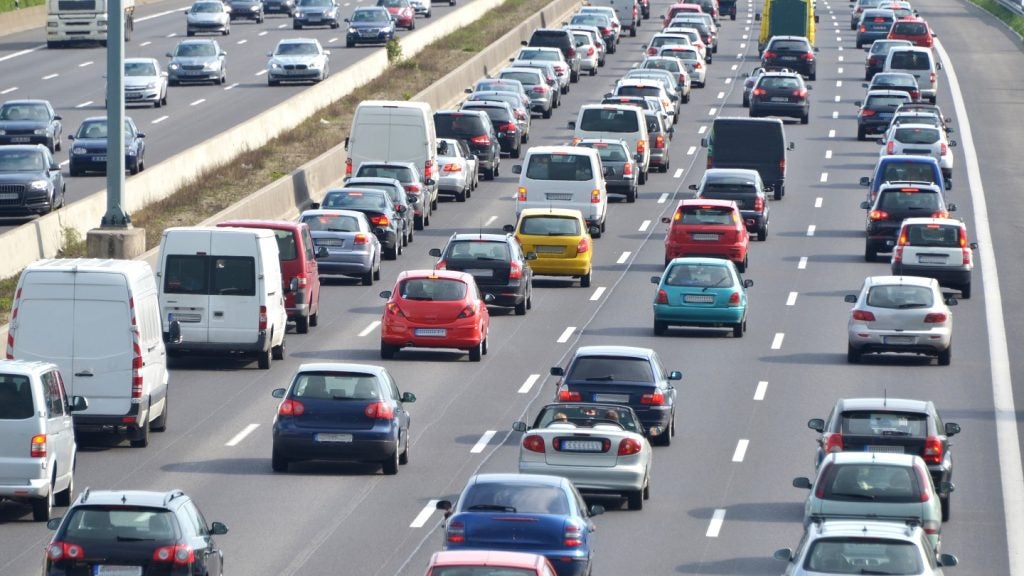
The Spring Budget 2024, unveiled yesterday, has sparked disappointment and concern within the Zero Emission Van Plan Coalition.
The Coalition – made up of a grouping of industry experts and trade bodies to highlight where government action is needed – launched its plan at the Houses of Parliament on 20 February.
Zero Emission Van Plan

Expressing dismay at the absence of concrete measures to facilitate the transition to zero-emission vans, the coalition warns of a struggling Light Commercial Vehicle (LCV) market striving to meet decarbonisation targets.
According to the latest registration data, zero-emission vans make up a mere 4.7% of the market in 2024, trailing behind 2023 figures and falling short of the annual 10% target mandated by the Zero Emission Vehicle (ZEV) Mandate.
A spokesperson for the Zero Emission Van Plan said: “The Chancellor is ignoring the fact that the van sector needs urgent support to adopt zero-emission vehicles. Vans account for about a fifth of the miles driven in the UK every year, the vast majority of which are driven by polluting models.”
While acknowledging some positive steps for van operators in the Budget, the spokesperson emphasised that the sector lags in decarbonisation efforts, with cost being a major hindrance to adoption.
How well do you really know your competitors?
Access the most comprehensive Company Profiles on the market, powered by GlobalData. Save hours of research. Gain competitive edge.

Thank you!
Your download email will arrive shortly
Not ready to buy yet? Download a free sample
We are confident about the unique quality of our Company Profiles. However, we want you to make the most beneficial decision for your business, so we offer a free sample that you can download by submitting the below form
By GlobalDataThe affordability gap between electric vehicles (EVs) and diesel equivalents remains a significant obstacle, and the coalition had hoped for fiscal support, such as an extension of the Plug-in Van Grant, to bridge this divide.
Key figures in the logistics and electric vehicle (EV) sectors have voiced the necessity for immediate action to facilitate the transition to electric vans.
David Wells, Chief Executive of Logistics UK, emphasised the logistics sector’s commitment to decarbonisation but stressed the need for meaningful support. He stated: “Van operators need meaningful support—ensuring public chargepoints are accessible, removing regulatory barriers, and improving fiscal support.”
Dr Nina Skorupska CBE, CEO of REcharge UK, underscored the importance of electric vans in achieving net-zero goals. She expressed satisfaction with the report’s association and urged the swift adoption of recommendations for a fast and fair transition.
Paul Hollick, Chair of the Association of Fleet Professionals (AFP), highlighted the multitude of barriers hindering the switch to electric vans, including financial, charging, and regulatory challenges. Urging immediate action, he emphasized the need to overcome these obstacles.
John Curtis, Director of Operations of The EV Café, emphasised the integral role of electric vans in economic growth and emissions reduction. He called for targeted government support to accelerate the transition and propel the logistics evolution. The industry leaders collectively underscored the urgency of addressing challenges and implementing solutions for a successful transition to electric vans.
The full Zero Emission Van Plan: https://www.bvrla.co.uk/industry-campaigns/decarbonisation/van-plan.html






